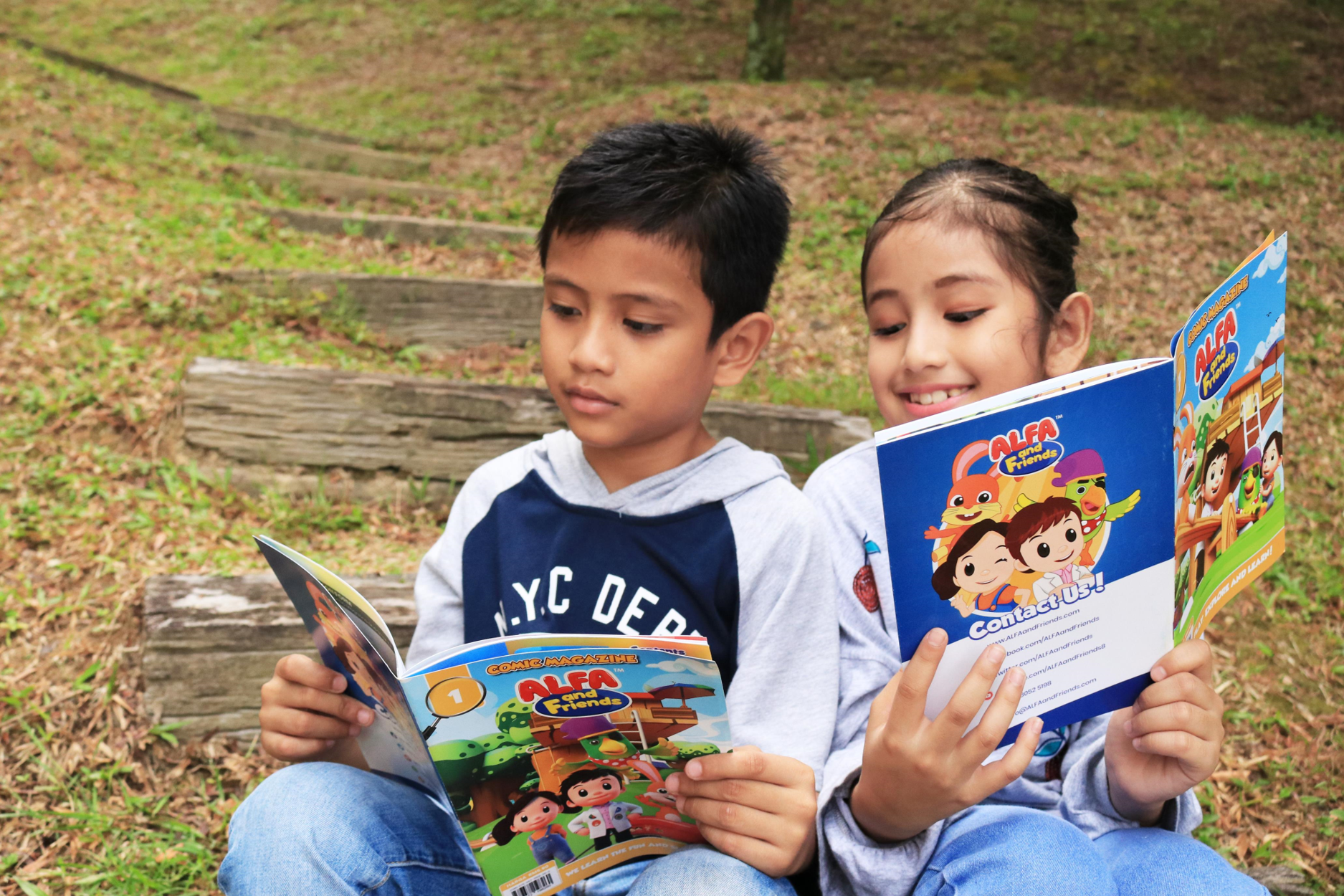Parenting is no walk in the park. One of the challenges that parents face is learning to adapt with the generation in which their children belong to. It is without a doubt that parents and their children will always be from different generations. Therefore, it is beneficial for fellow moms and dads to take the time to learn about the needs of their children as these needs change from one generation to another.
Parents to children of the 21st century will discover that academically, their children will have to achieve different learning standards than the ones that the parents are exposed to before. Unfamiliar terms such as 21st century skills, computational thinking, coding, problem-based, project-based learning might intimidate parents but fret not, using this list of 21st century skills as a guide, you’ll discover that 21st century learning can take place anywhere, even at home:
1- Problem Solving

Problem solving might seem like a skill that everyone should already be naturally equipped with. I mean, it’s true. Whenever any of us stumble onto a problem, we try to solve it…right? Well, problem solving skills as part of 21st century education is more than providing solutions. It is focused on building an individual’s competency in approaching problems in a rational and structured manner.
How do you cultivate this skill at home? Well, it’s as easy as asking your child to decide what to wear for the day. Make clear what the problem is, ask the child to take into account various factors such as the weather or whether you’re leaving the house later. Then, ask them what options are available.
Once they have made up their mind, ask them the reason for that decision. Seems simple doesn’t it? But the process within problem solving is intricate and detailed. This is called solution fluency which consists of six elements which are (1) define, (2) discover, (3) dream, (4) design, (5) deliver, and (6) debrief. Practice with your child and soon, even you’ll find that adults need problem solving skills.
2- Creative Thinking

Creativity as a 21st century skill is closely linked to problem solving in which coming up with ideas or solutions focuses on originality and uniqueness. This skill can easily be cultivated at home by encouraging your child to give ideas and opinions to different subject matter.
Other than that, children are born creative as they are at that age of imagination. Simply supply materials that encourage creativity to take place such as arts and crafts materials, play dough, building blocks, puzzles and many other functional toys. The Spark kit is a helpful learning set which integrates creativity within Science; this will aid in strengthening your child’s ability to use their imagination.
3- Collaboration

21st century learning places heavy emphasis on working in teams or groups. You may notice your child’s school providing a curriculum layout that incorporates activities and classroom projects that frequent group work.
Collaboration is a skill that requires the learner to fully understand the benefit of working together to achieve one common goal. We are so used to doing things for ourselves that the thought of “relying” on others may seem off-putting. It is only natural for a child to feel as if asking for help from others is an act of incompetency. To change this mindset, emphasize the goodness in sharing and helping each other at home.
A child with siblings will learn to cooperate with one another, thus reducing fights and arguments at home. If your child is an only child, you can play a role by inviting your child to help you to fix something or perhaps, you can lead by example by helping your child to finish a craft. Remind them about the importance of asking for help and helping others.
4- Analytical and Critical Thinking

Both of these skills go hand in hand. To incorporate these skills at home, be a good role model by approaching mistakes that happen at home analytically and critically.
Train your child to be able to evaluate a mistake and understand why it happens, breaking down the mistake and recognizing ways to prevent it from occurring again. This might seem a bit tricky because as parents, it is inevitable for you to get overwhelmed with emotions whenever your child accidentally knocks down a flower pot or scribbled on the wall. However, when we recognize that mistakes are part of a child’s learning process, we are able to approach every mistake our child will make in a rational manner. This is when analytical and critical thinking takes place.
There are many other skills of the 21st century which will benefit your child such as technology skills and media literacy. However, the ones in this list are the essential skills for learners at a young age and flexible enough to be able to be fostered at home.









